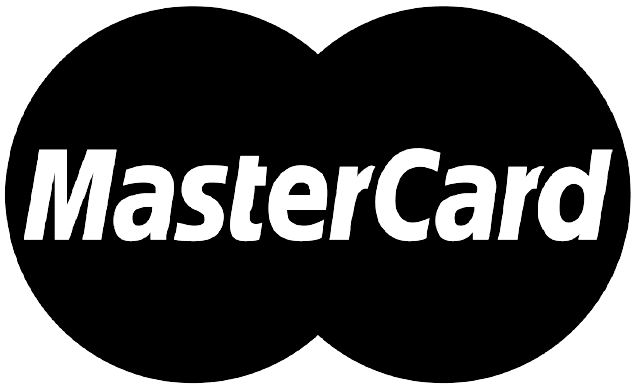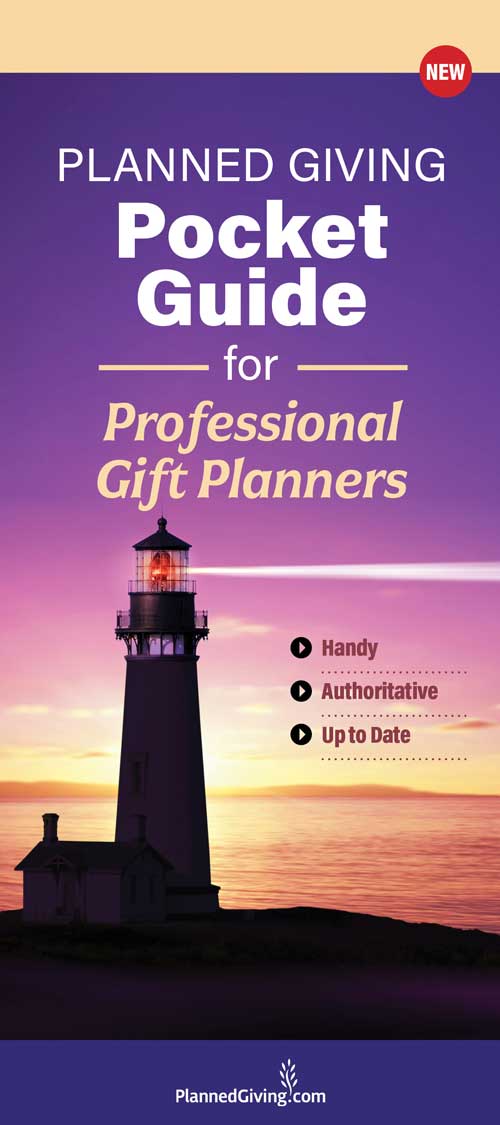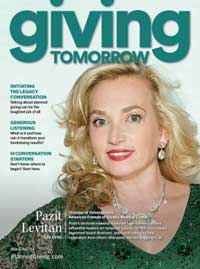Enter the Advisor
When a donor is ready to make a planned gift, often their financial advisor enters the picture. Remember, these advisors serve not only your donor but possibly other potential prospects as well, so being a fundraiser with an advisor-centric approach makes good sense.
This approach begins with asking the donor to identify his or her financial advisor and then explaining the advisor resources and programs that your nonprofit makes available to professional advisors.
The next step takes you in front of the advisor herself. Your challenge is to make your nonprofit stand out, even though many advisors already have in-house planned giving resources, may sit on the boards of several charities, and may already have been plied with various planned giving resources by other fundraisers.
Solution? Focus on the financial advisor’s more important and unmet business-development needs. Ask yourself, and explain to the advisor, how you can help her retain and grow her Assets Under Management (AUM, the most used acronym in an advisor’s vocabulary).
Here’s the Deal
One of the “new normal” ways that a growing number of savvy charitable organizations, including community foundations, are being advisor-centric is by offering advisor-managed donor-advised funds and endowment funds.
Basically, these nonprofits have figured out that not only is it not their job to invest and manage their financial assets; but they could also greatly accelerate the growth of these funds if they simply allow the donor’s qualified financial advisor to continue to manage the assets the donor has given.
This is how you ensure that the financial advisor doesn’t become your in-house “gift prevention department.” In fact, quite the contrary: involved advisors often introduce new clients to advisor-centric nonprofits!
Wait a Minute.
Doesn’t the nonprofit have to open its own accounts with the financial advisors so that donors can transfer their gifts from their accounts to the nonprofit’s account?
Yes.
So, if the charity had 100 donors in 50 states and each donor had his or her own advisor, the organization would need to consider opening 100 investment accounts in 50 states?
Yes.
Do you call that “being savvy”?
Yes!
Let’s look at how some advisor-centric charities handle it:
- One way is to outsource the administration work to a third-party administration company—like the Charitable Trust Administration Company (CTAC)—with the infrastructure and resources to administer the fund program.
- Another way is to affiliate with a non-competitive charity that already operates such an advisor-centric program. Having most of the donor’s gift, or a generous percentage of the gift, is better than no gift at all. That’s why some charitable organizations, churches, and even donors who sit on the boards of other charities, have affiliated with Convoy of Hope, for example.
Keep in mind that the seemingly obvious choices for administration outsourcing —like community foundations, banks, and investment companies—are often unable to accept the administrative responsibilities without also taking on the management of the investment. And this defeats the purpose of being advisor-centric!
How Do I Start?
First, consider revising your gift-acceptance policies to allow Registered Investment Advisors (RIAs) to manage your donor-advised funds and endowment funds.
Next,
- design and create the administration infrastructure, or
- choose to outsource this administration to a third party, or
- affiliate with a nonprofit that already operates such a program.
Once the program is established, investment accounts can be opened with each participating RIA who is managing donor investments.
Any Other Tips?
Some enterprising charities have developed a Memorandum of Understanding between themselves and financial advisors. Such a memorandum includes the following provisions to encourage the success and growth of their funds:
- The RIA has current clients who, together, intend to make a $50,000 irrevocable gift of property to ABC Charity’s Permanent Endowment Fund, which is acceptable under the Charity’s current Gift Acceptance Policies.
- The RIA will work to grow the Endowment Fund assets under his or her management to $1,000,000 within 3 years from the date of this Memorandum.
Tomorrow’s successful fundraisers are expanding their networks today to include the financial advisors who can convey to you the new, high-potential donor prospects you’re looking for.
Now is the time to reach out – for your sake, and for theirs.
Dan Rice is the President/CEO of Alliance Community Foundation, AllianceCommunityFoundation.org






